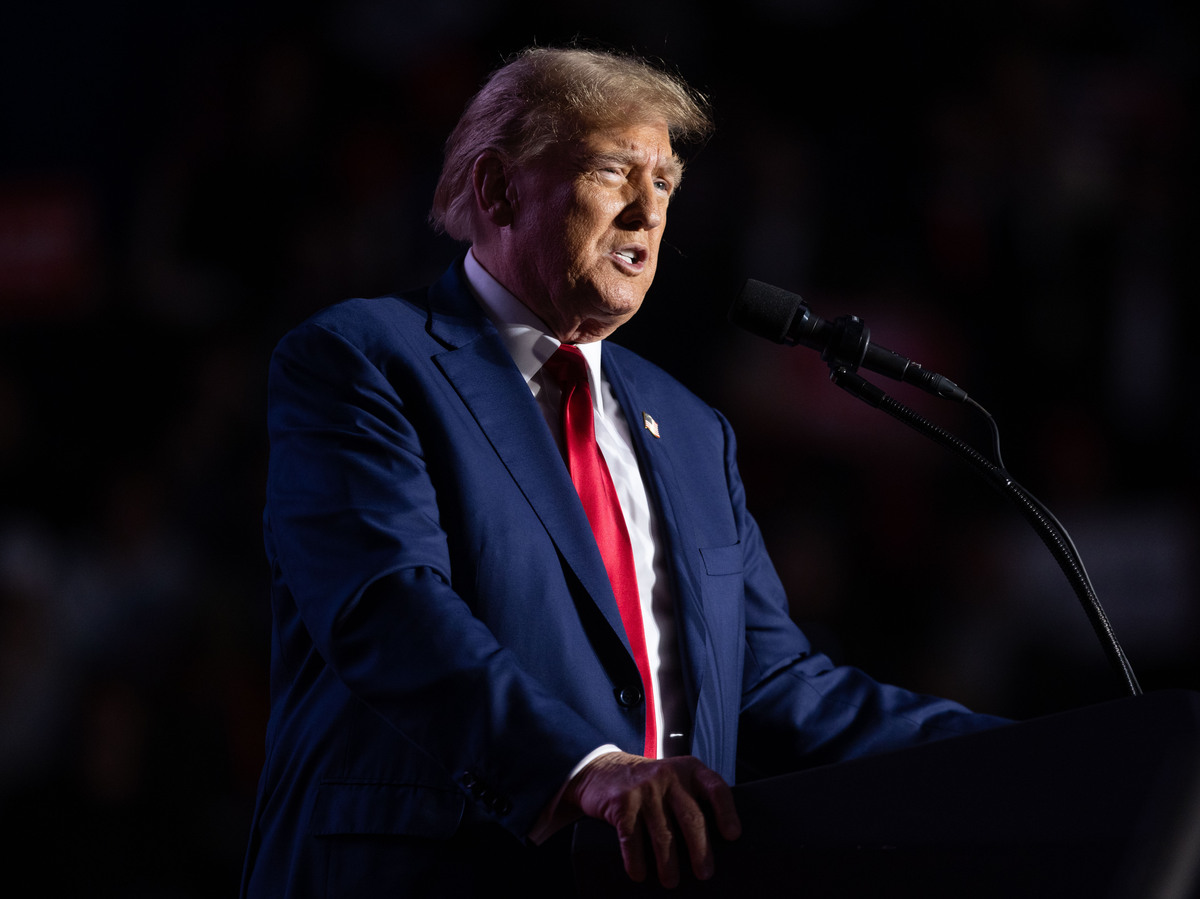
Republican presidential candidate, former President Donald Trump speaks during a campaign event in Durham, New Hampshire. Scott Eisen/Getty Images hide caption

Republican presidential candidate, former President Donald Trump speaks during a campaign event in Durham, New Hampshire.
Scott Eisen/Getty ImagesFormer President Donald Trump has always embraced dehumanizing rhetoric, but now as he tries to capture the presidency again, he's making even more extreme statements.
It's a strategy that gets him lots of attention and that fuels his base.
NPR's Juana Summers talks to White House correspondent Franco Ordonez and domestic extremism correspondent Odette Yousef about Trump's use of increasingly autocratic statements and social media posts.
Email us at
This episode was produced by Elena Burnett. It was edited by Dana Farrington, Andrew Sussman and Courtney Dorning. Our executive producer is Sami Yenigun.

 Live Radio
Live Radio